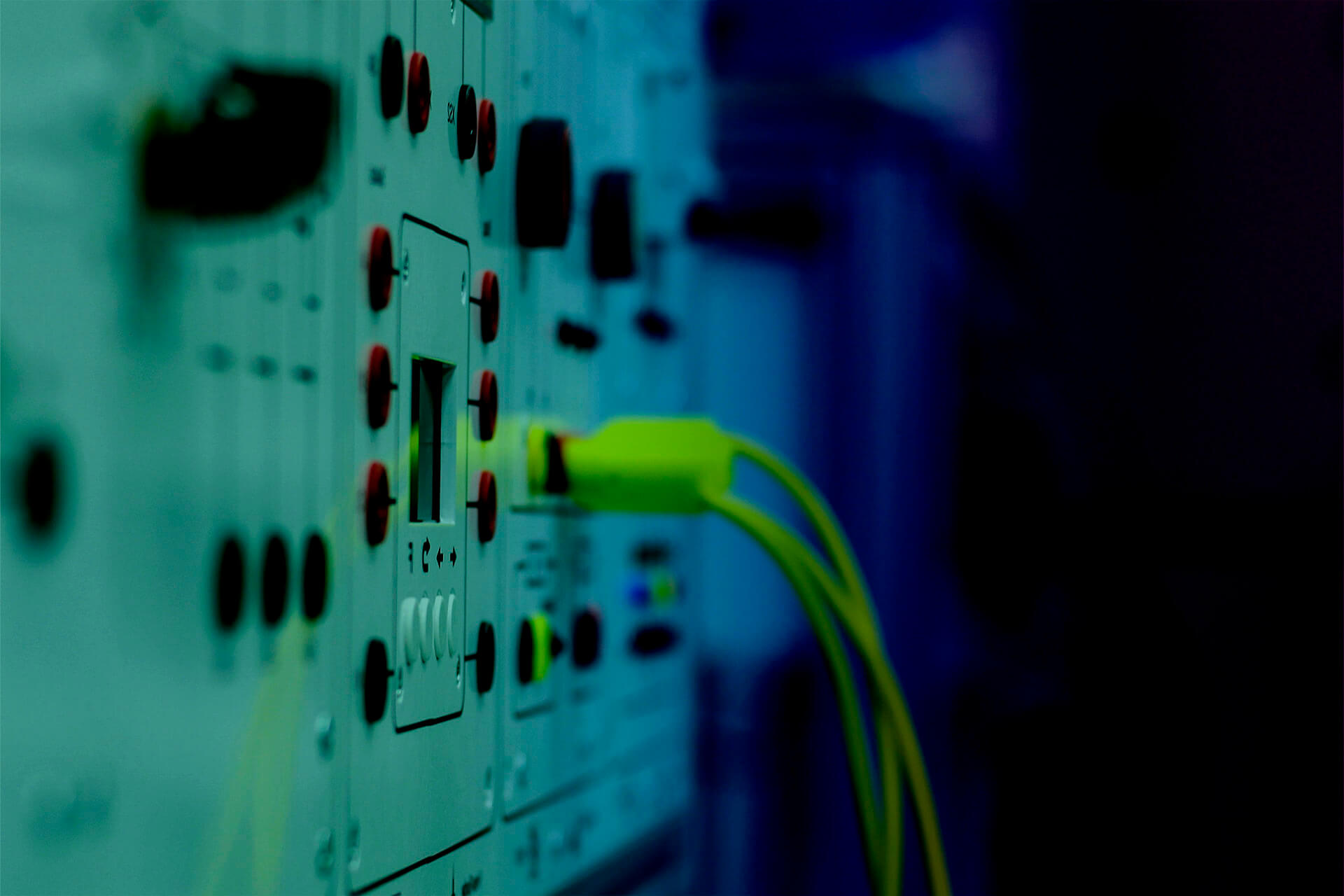Hospital units, especially ICUs, are contexts with high risks of electrical failures if they do not have an adequate electrical safety system.
Today, most medical devices are electronic, so they are powered by power supplies and the electrical grid. If an electrical safety failure occurs, the risk of patient injury is high. Especially, in areas such as the ICU or other critical areas in health centers.
ICUs and critical areas in hospitals: what are they and what do they mean?
The ICU is the intensive care unit of a hospital, that is, the area of a hospital center where the most seriously ill patients who require continuous and specific surveillance and attention are admitted.
By critical areas we understand those areas of the hospitals where health care is produced in which the risk is high. In addition to the ICU, for example, we find operating rooms, emergencies, clean rooms, isolation rooms, ICU…
To maintain hospital electrical safety in these areas, there are various elements that protect and guarantee the electrical supply. We are talking about, for example, IT power systems, uninterruptible power supplies or ground connections, among others.
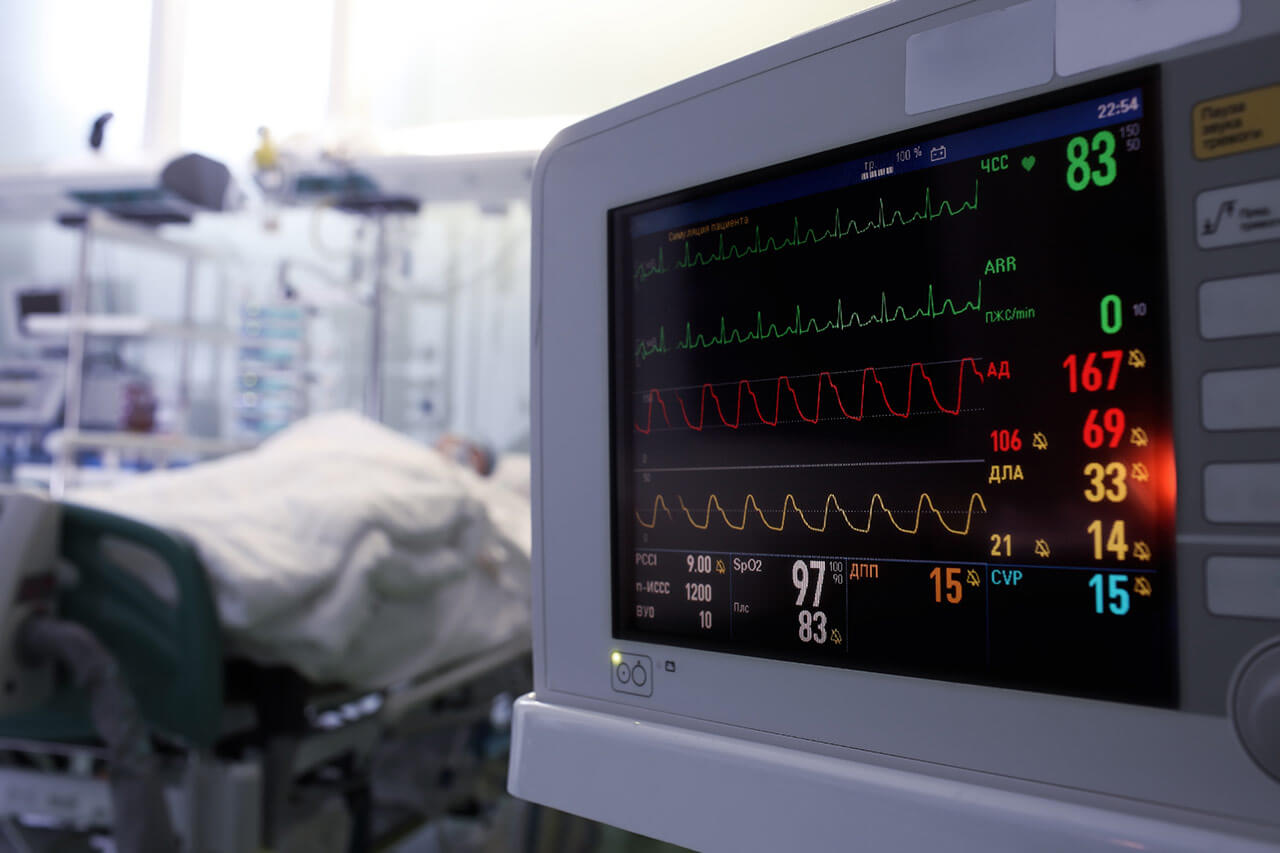
The electrical supply in the ICUs
The continuity of the electrical supply is a fundamental premise in critical rooms, such as ICUs or Resuscitation boxes, as well as in facilities where the patient is monitored and connected to certain electromedical equipment to guarantee their vital assistance.
As we said, currently the vast majority of medical machinery in a hospital works with electricity, so a failure of this nature or a lack of power can endanger the lives of patients. Thus, hospital energy and electrical safety are two vital aspects for its correct operation, especially in the most critical areas, such as the Intensive Care Unit.
State standards, recommendations and the importance of individualization
According to the Ministry of Health, the main electrical panel of the ICU must be connected to the emergency electrical systems (generator set and uninterruptible power supply system).
In each room, six wall outlets are recommended, suitable for the operation of equipment such as portable radiology, hemodialysis, respirator, etc. Each ICU must have a safe electrical installation in terms of supply and risks.
With greater focus on ICUs, and in other critical areas, it is necessary for each bed to have an individualized electrical connection for individualized treatment per bed. The isolated electrical installation must therefore be detailed for each patient/bed.
Power supply and risk factors
In a hospital or health center, the most common is that hospital electrical safety systems are especially focused on the most critical areas.
It is logical that electrical safety in hospitals is a matter of absolute priority to avoid problems with the electrical current that could harm the operation of the health center and the health of patients. Taking precautions, through a well-designed electrical system, allows facing potential complications related to electrical safety in ICUs.
Above all, when we talk about the pernicious effects on defenseless or highly exposed patients. An anesthetized, sedated or seriously ill patient will not be able to react to an electrical contact. And if the contact occurs invasively, its effects are even more serious, since there is no protection for the skin, which can cause, for example, cardiac defibrillation.
Faced with this risk and problem, the solution is an electrical network isolated from ground. If a patient comes into contact with an electrical conductor, no current will flow through it. This is achieved by installing an isolation transformer, for which an isolation / leak detector must be added.
In addition, it is important to do basic tests to know how the electrical system is.
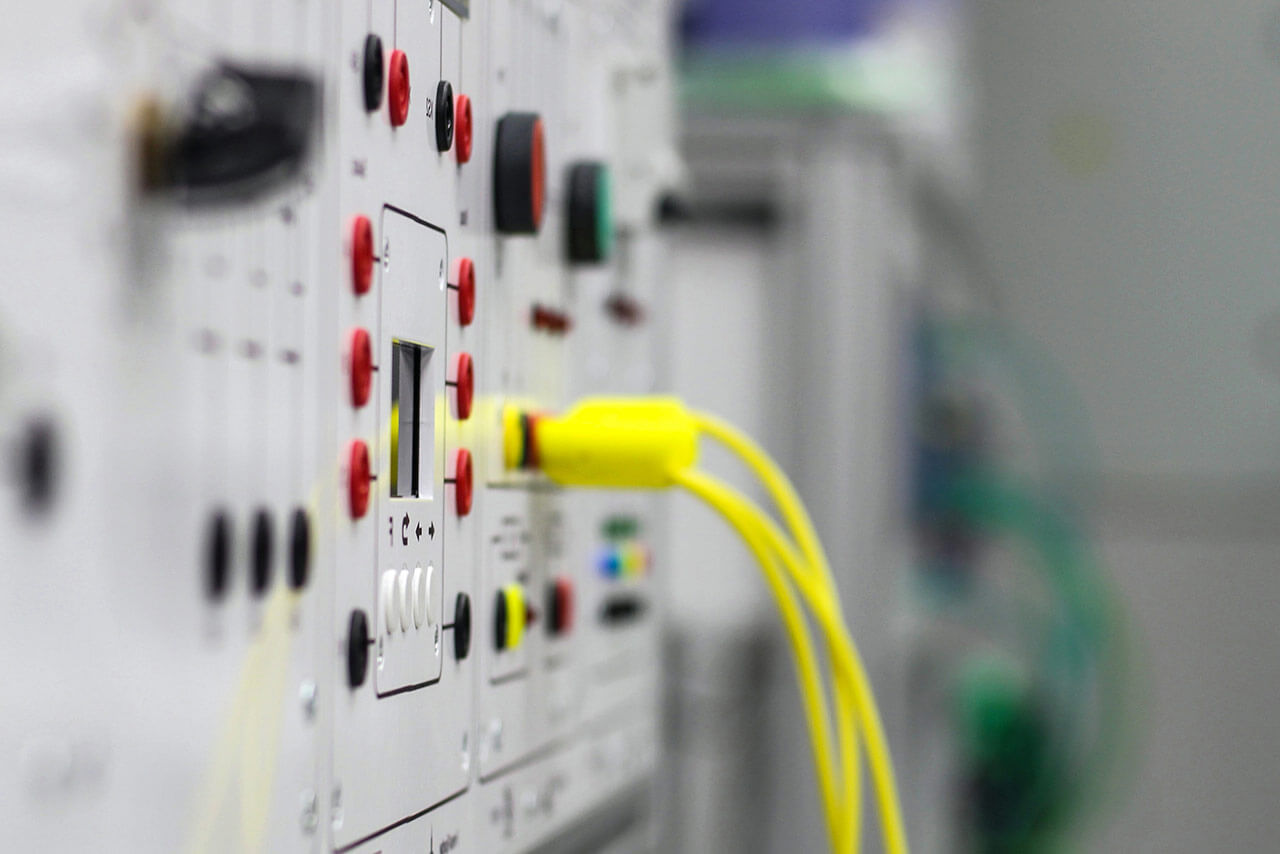
Basic elements of electrical safety in the ICU
The different equipment and elements that will help us maintain the ICU and resuscitation areas electrically safe are:
- Ground connections, hospital ground panels and electrical outlets.
- Batteries and isolation transformers.
- IT power systems, to detect electrical ground faults and locate them easily and quickly.
- Insulation monitor and its multi-repeater, to continuously monitor the insulation resistance of IT medical systems.
- Uninterruptible power supply systems, which allow emergency power supply for specific loads.
- Alarm repeater.
Together, all these products guarantee that an Intensive Care Unit (ICU) can be kept in perfect working order, thus avoiding failures that could endanger the lives of patients with coronavirus.
At ETKHO, as specialists in hospital electrical safety, we have years of experience in manufacturing electrical safety equipment and services in hospitals and ICUs.
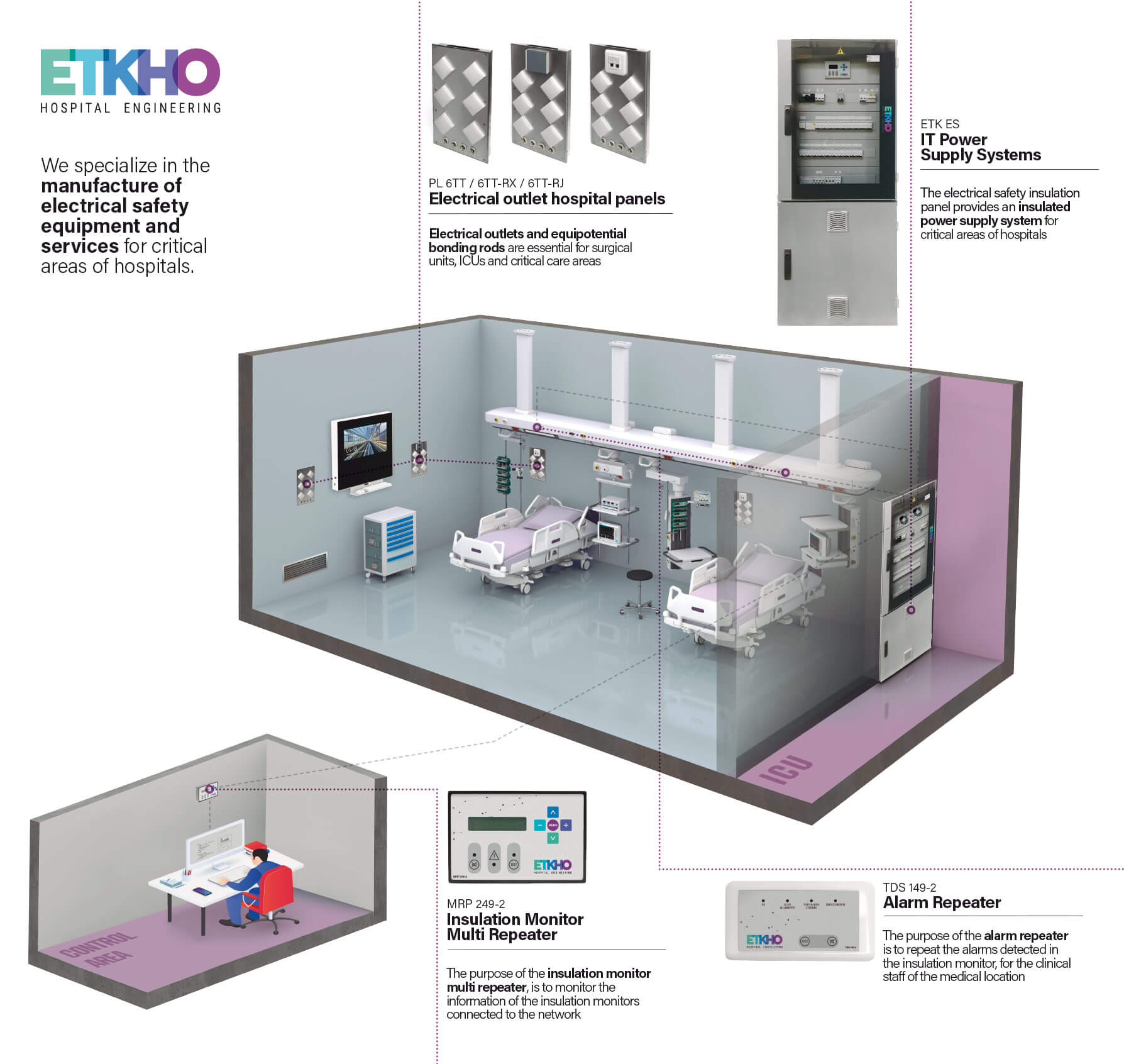
The importance of grounding
The grounding system is a basic and fundamental part of any electrical installation in hospitals, especially in ICUs and resuscitation areas. Its main objectives are:
- Limit the voltage of the metal masses with respect to ground.
- Reduce or eliminate the risk and danger of a breakdown in electrical equipment.
As we know, there are dangers due to electric shocks, causing damage to expensive hospital equipment, but even more serious, injuries or even death in the worst case to bedridden people.
Therefore, grounding systems protect medical equipment and the life and health of the patient, as well as the workers involved in its handling.
Grounding systems must allow the conduction to the ground of electrical charges caused by lightning, static electricity, leaks, breakdowns or system failures.
Fundamentally, the isolated ground circuit consists of three elements:
- Isolation transformer.
- Line insulation monitor.
- Equipotential grounding system.
Hospital ground panels and electrical outlets help prevent and avoid contact voltages within critical medical areas. They are installed on embedded panels, with mixed configurations, according to the needs of the particular electrical installation. In this way, electrical outlets and equipotential bonding bars are essential for ICU units.
Insulation monitor
This device allows us to continuously monitor the insulation resistance of IT medical systems, as well as monitor leakage or differential current, both in grounded systems such as TB and TT. So the two alarms from the insulation monitors are the ones that tell us what the state of the equipment is before a ground fault occurs. In other words: they are crucial elements to prevent short circuits in the electrical system of a hospital and possible fires.
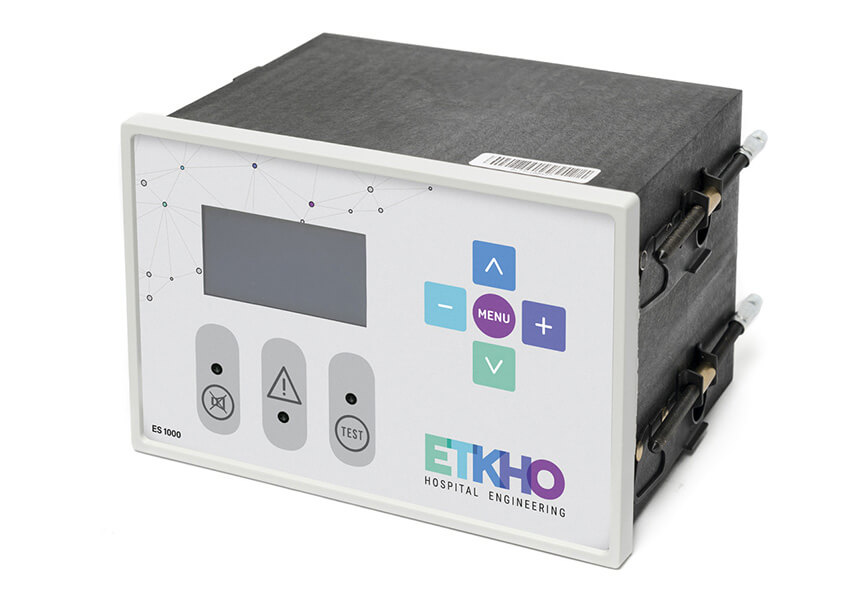
Insulation monitor multi-repeater
The insulation monitor multi-repeater monitors the information from the insulation monitors connected to the network so that the technical staff, from a centralized control post, can control the status of the insulation monitors in premises for medical use.
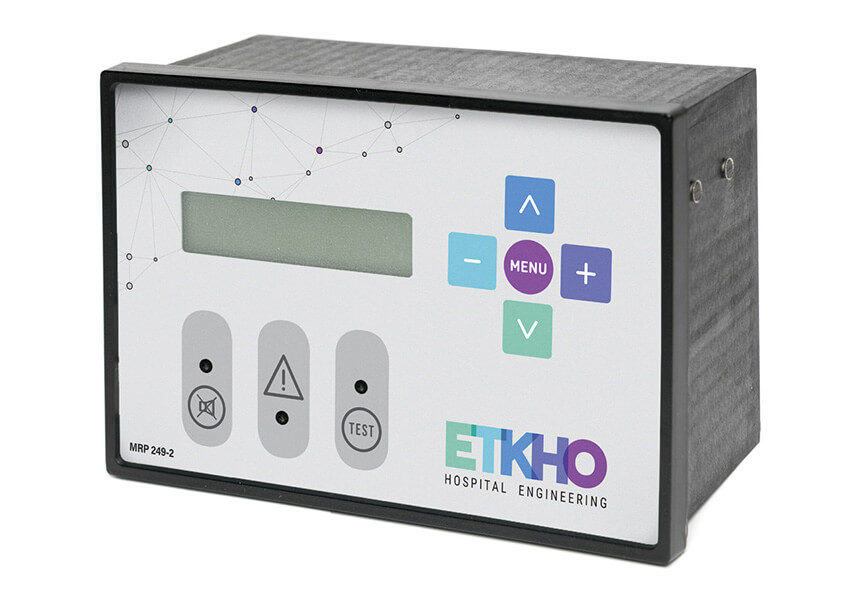
IT power systems
Thanks to their automatic detection of electrical ground faults and their rapid location, they are essential for critical hospital areas. They are characterized in that all active components are grounded through a high impedance. Therefore, they help to locate faults during the provision of health services, while the installation is in service, provide more protection and reduce the risk of electric shocks.
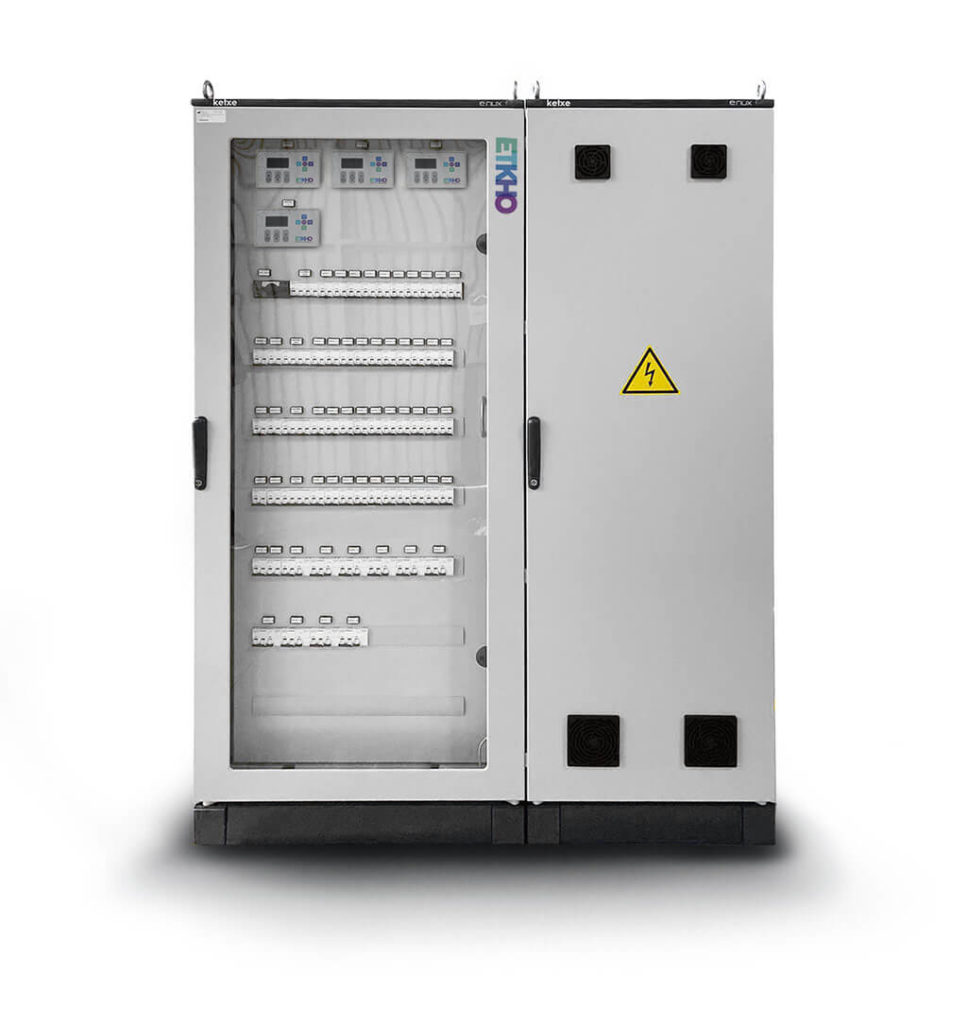
Uninterruptible power supply box
The uninterruptible power supply panel guarantees continuous power supply, avoiding cuts in the main network, for at least 2 hours.
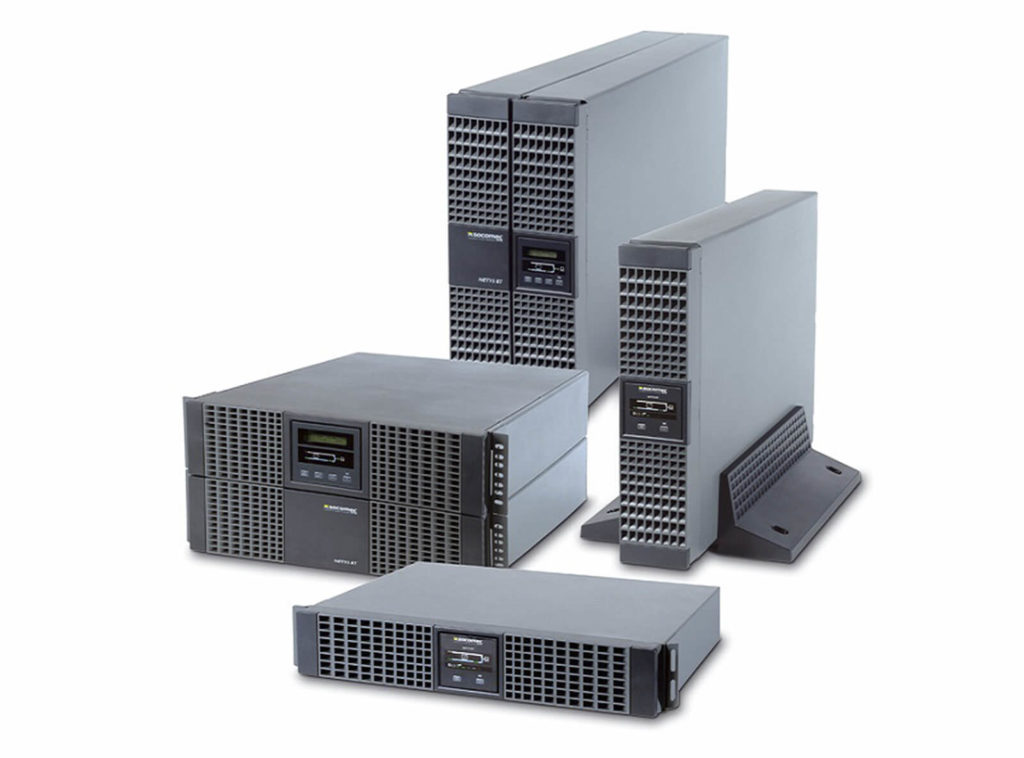
Alarm repeater
The alarm repeater, as its name suggests, repeats the alarms detected in the isolation monitor for the clinical staff of each health center. In addition to providing additional information to medical personnel, they indicate what to do or who to call.
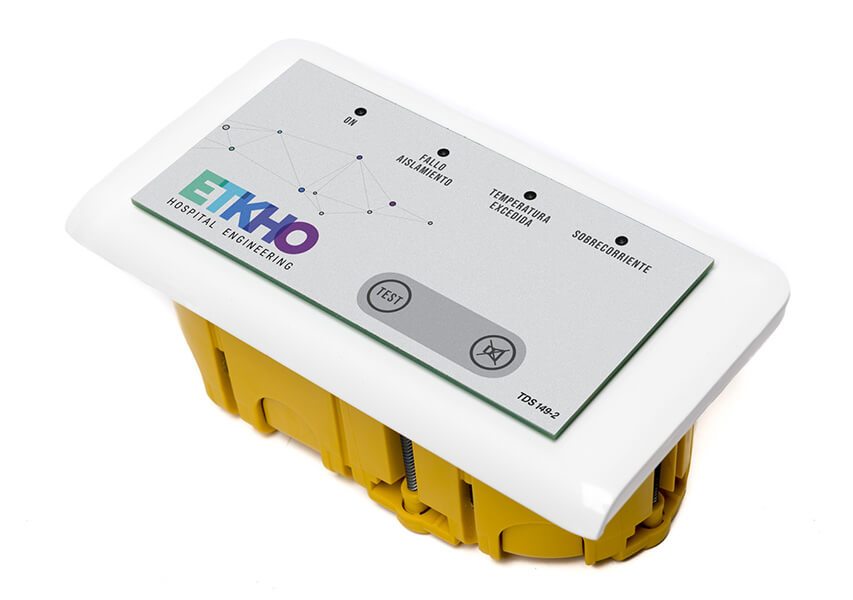
Specialists in hospital electrical safety
Did you know that these ETKHO tools for electrical safety in operating rooms existed?
At ETKHO we are specialists in special products, equipment and services to guarantee electrical safety in the ICU and other resuscitation areas. In addition, we offer advice on specialized electrical safety in hospitals, medical units, operating rooms and everything related to medical services.
If you need more information or advice from a team of experts in hospital electrical safety, please contact us.


